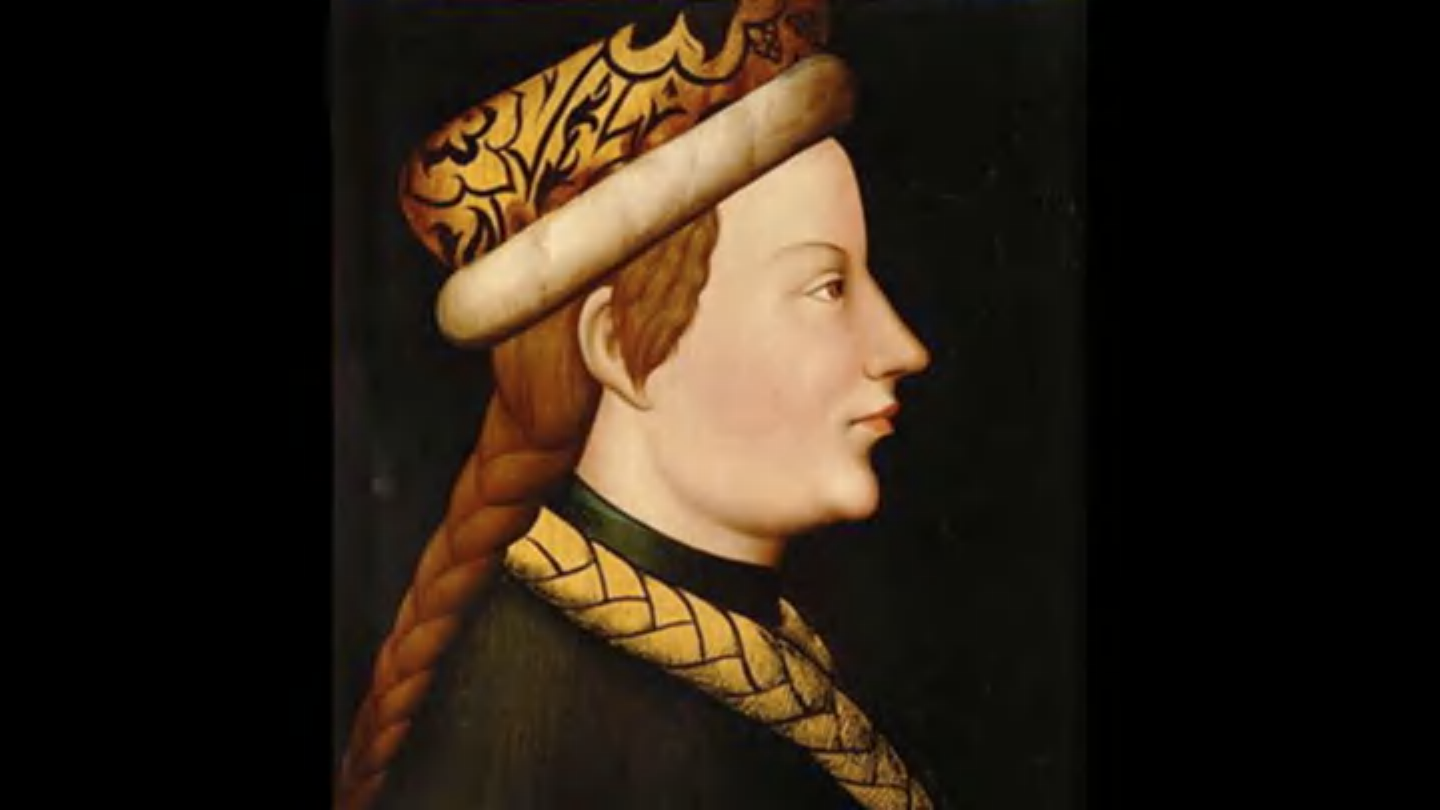chaosprophet
King
- Joined
- Sep 5, 2005
- Messages
- 864
I think that is one of the points of contention. I agree some players will be thrown off by the civ switching, and some of them will be because for them that cross a line historically. But the way you wrote, sounds like you think that a historical player will invariably get throw off by it, while me and others argued that that doesn't need to be the case at all: The previous game already had many ahistorical things to it that this game will keep, and the new system has some ahistorical parts to it (like some of the civ "historical" paths, etc while being a bit more historical that previous civs in some places(having civs being more fit for the era you can use them than previous ones, not having a civ continue without some down moments for 6000 years, etc).The history players might be caught by the nice graphics and deeper uniques/civics. But they will be thrown off by the civ switching.
There is no reason why playing civ historical means previous one were ok but this one is an objective no go. Only that for some people subjective pov, this will be a bridge too far or just cross the accumulated line of ahistoricity with all other ahistorical characteristics of the series. Likewise, it may be better for some historical players and make them like it even more because of the points in which it become more historical than previous entities.


